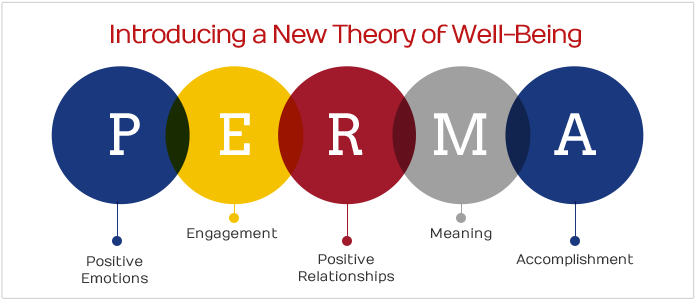
1. What is the concept of hedonistic happiness?
"Subjective well-being refers to how people experience the quality of their lives and includes both emotional reactions and cognitive judgements." WikipediaWithin the field of positive psychology, hedonistic happiness or subjective well-being (SWB) is defined as the satisfaction with life + high positive affect + low negative affect. Satisfaction with life involves an individual being content/fulfilled with ideal life and reality. In addition, life satisfaction entails the cognitive component of happiness when individuals rate their life turned out to be. In general, affect refers to the emotional side of well-being, including moods and emotions associated with experiencing momentary events. High positive affect refers to a high volume of feeling positive emotions (accomplishment, joy, glee) when experiencing life while low negative affect refers to a low quantity of negative emotions (sadness, anger, stressed).

2. Differentiate bottom-up and top-down arguments.
When understanding subjective well-being, the bottom-up and/or top-down arguments can be applied. In the bottom-up view, happiness is the accumulation of happy experiences and results from the fulfillment of universal basic needs. In the bottom-up perspective, daily pleasurable events are associated with increased positive affect, and daily unpleasant events are related with increased negative affect. In other words, a positive experience leads to an increase in well-being and happiness. For example, finding a dollar randomly in your jacket can increase your subjective well-being. In the top-down perspective, the global features of personality of an individual influences the way a person perceives events. In other words, the well-being of the person causes the person to perceive and act in a certain way. For example, by being in a happy/positive mood, you decide to treat yourself or go out to have fun.

I really like your graphics! The word cloud is a great idea.
ReplyDelete